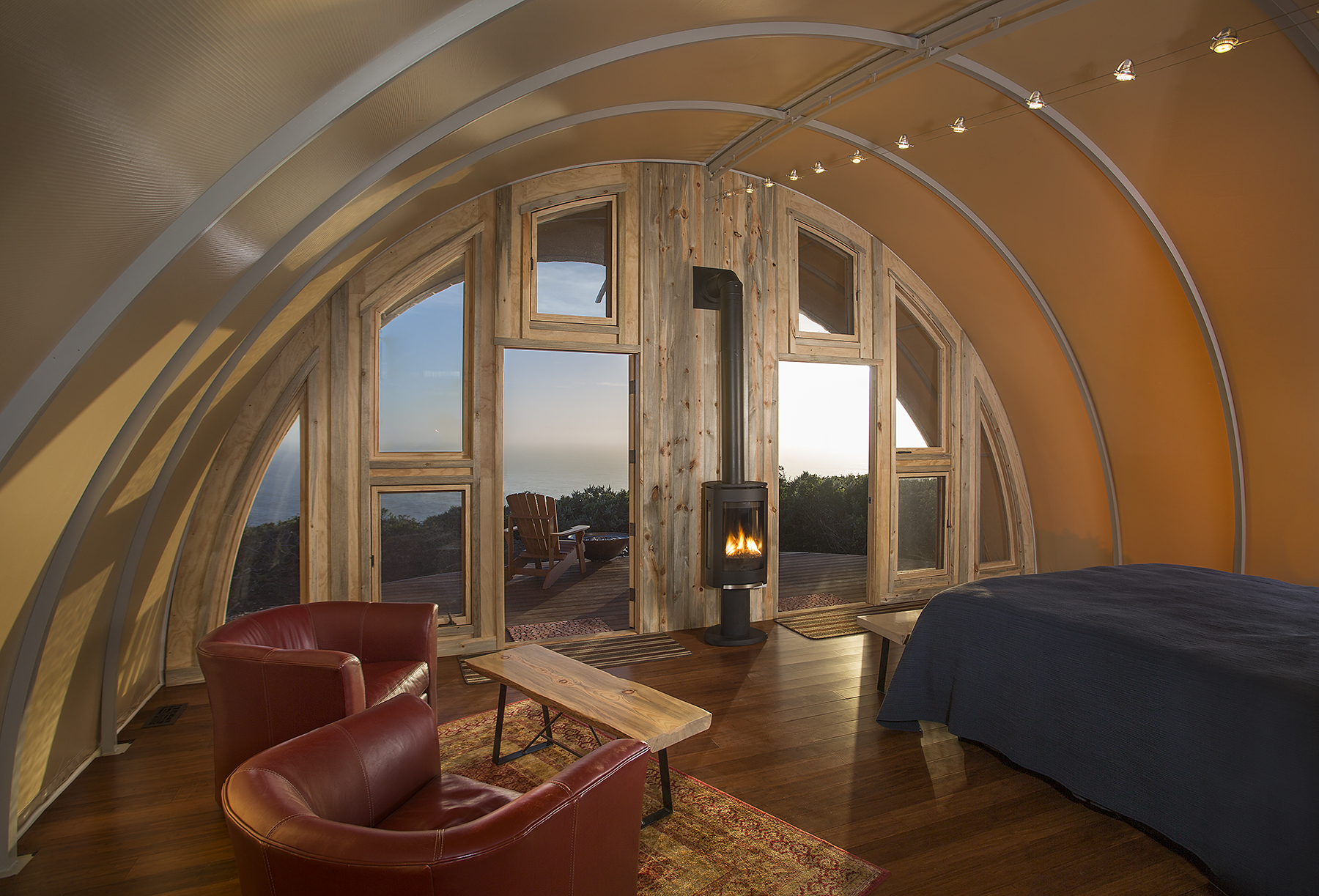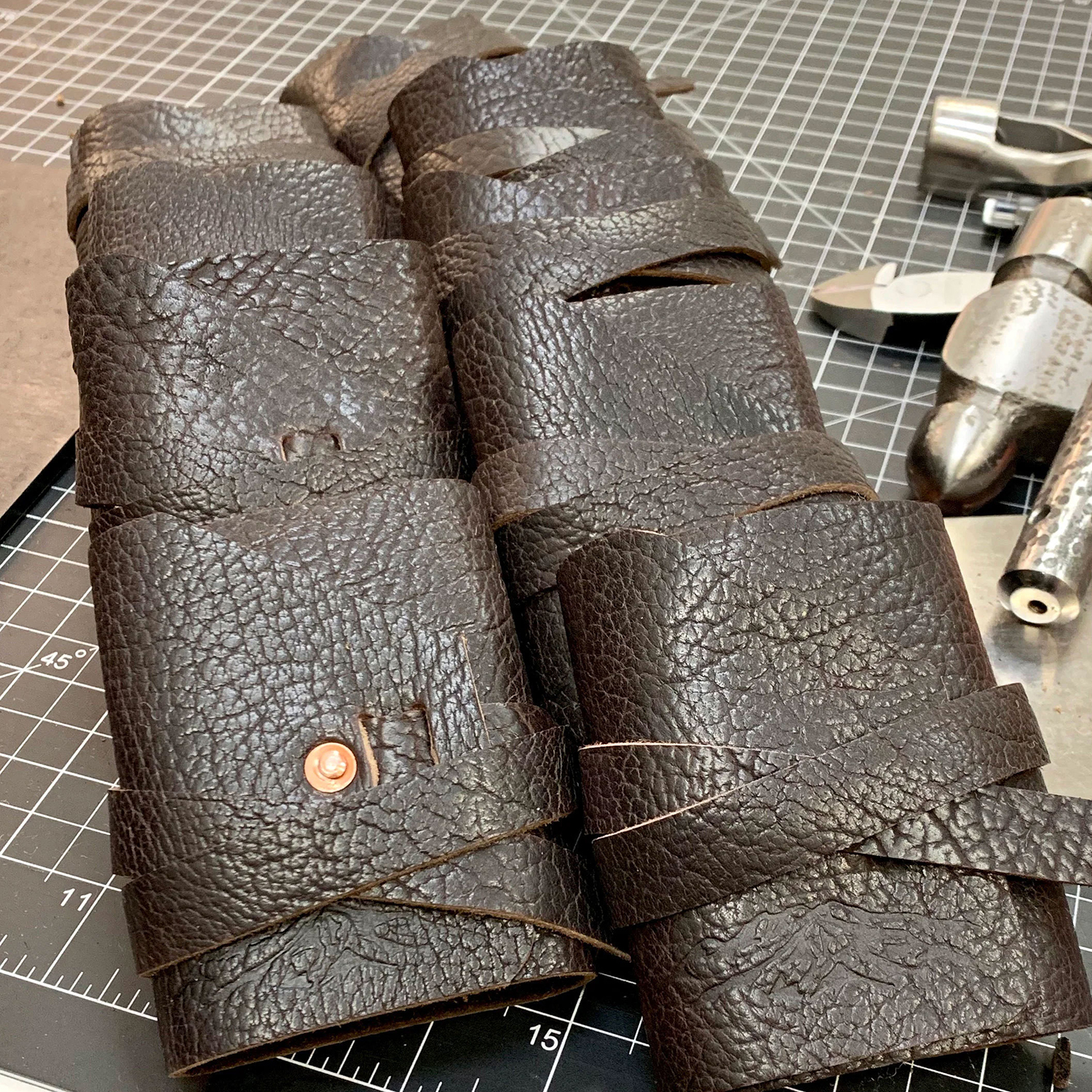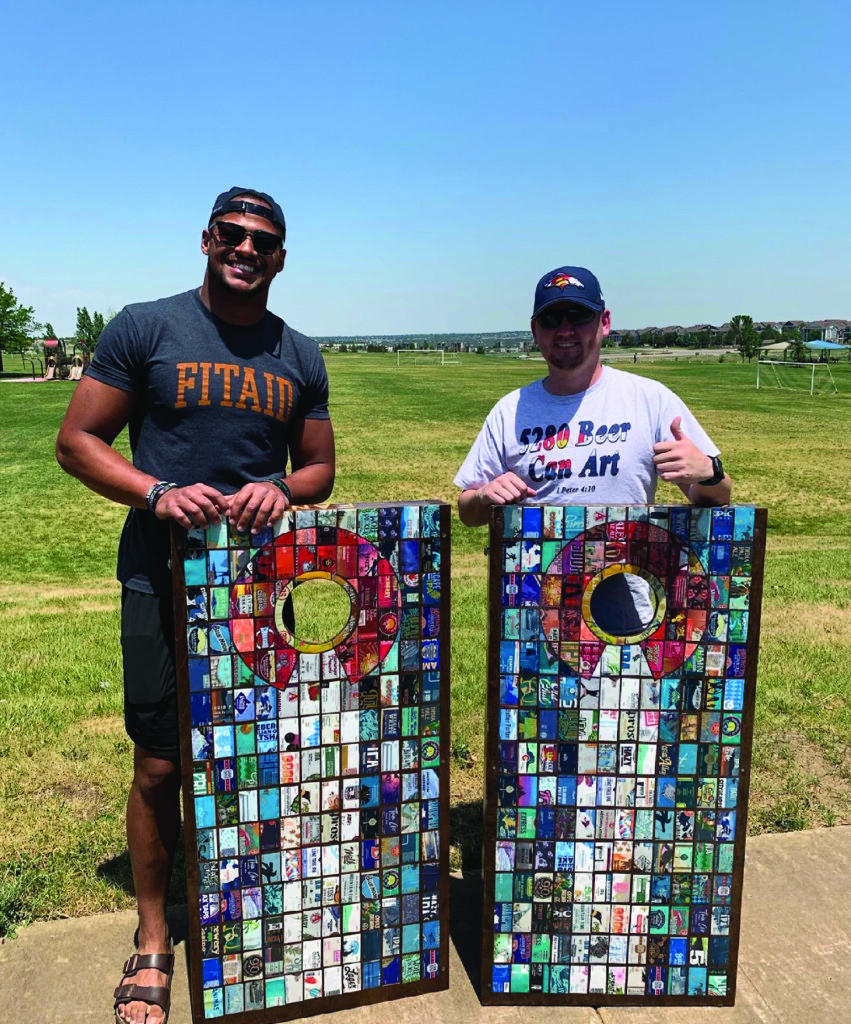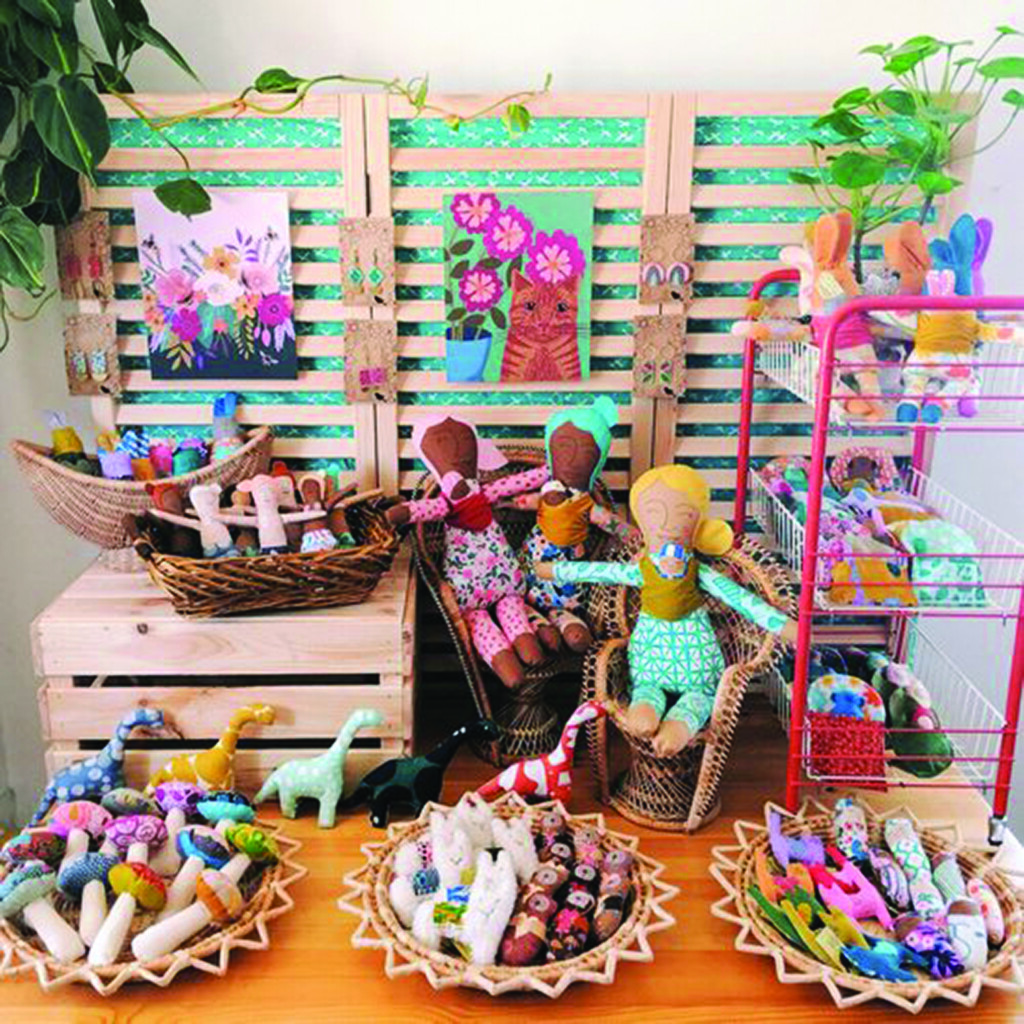There’s a common misconception that the United States doesn’t manufacture much anymore. In reality, the country continues to out-manufacture China on a per capita basis, and domestic growth outpaced the global average for the first time in years in late 2022.
Colorado is a case in point. Data from the Federal Reserve Bank of St. Louis shows that employment in Colorado’s manufacturing sector peaked in 1998 at 192,200 workers. That plummeted to 122,200 employees in 2010, but the state’s manufacturing workforce has steadily grown to surpass 150,000 as of late 2023.
With these dynamics front and center, this year’s “Made in Colorado” profiles illuminate 10 of the state’s pioneering manufacturers, makers of whiskey, satellites and just about everything in between. Today, we’re highlighting Autonomous Tent Co, the world’s first movable five-star hotel.
READ: Inside the Colorado Semiconductor Industry Renaissance — CHIPS Act Sparks Manufacturing Revival
Sasquatch Cookies
Food & Beverage
Colorado Springs, Colorado
Website: www.sasquatchcookies.com
Brooke Orist started Sasquatch Cookies in 2017 with eight recipes and a simple premise: freshly baked cookies delivered to your door by someone in a Bigfoot costume.
Making a hard pivot from her previous career in the nonprofit world, she baked cookies in a commissary kitchen before opening her first location in downtown Colorado Springs in 2020, followed by two more in 2022, including the walk-up “Baby Sasquatch” at Red Leg Brewing Company.
Orist was drawn to Sasquatch as a brand as she sought a nomadic theme and says the company leaves “good footprints” by donating 10 percent of profits to the Springs Rescue Mission. A local seamstress makes the costume bodies.
The company took off in a big way in 2020. “We went from very small, like doing 20 orders a night, to doing like 500 orders a day,” Orist says. “I still see it growing, which is really encouraging.”
The menu has included more than 100 varieties over the years, with a core catalog of 11 cookies and a pair of rotating recipes every week. “Our most popular is the s’mores one,” Orist says of the latter. “Everybody loves the s’mores.”
Orders range from a half-dozen to 10,000 cookies for Amazon, as the employee count ranges from 30 to 70, depending on the season. Delivery by Sasquatch, which was initially the only way to get the cookies, is now a $25 upcharge and about 30 percent of the business.
Looking back, Orist says the operation is surpassing her expectations. “I am astounded,” she says. “I knew I didn’t want this to be like a hobby business, I didn’t want it to be a side hustle. I knew I wanted it to become my career, to make it into something.
“It’s amazing how it all worked out,” she adds. “We have three stores now. When I originally made a plan for what I hoped to see, I said I hoped to have six stores eventually.”
And while she might look to Castle Rock or Fountain for the next location, Colorado Springs has proven to be a fertile market. “Down here, everyone has an ‘I believe in Sasquatch’ sticker on their car,” she laughs.
 Denver-based writer Eric Peterson is the author of Frommer’s Colorado, Frommer’s Montana & Wyoming, Frommer’s Yellowstone & Grand Teton National Parks and the Ramble series of guidebooks, featuring first-person travelogues covering everything from atomic landmarks in New Mexico to celebrity gone wrong in Hollywood. Peterson has also recently written about backpacking in Yosemite, cross-country skiing in Yellowstone and downhill skiing in Colorado for such publications as Denver’s Westword and The New York Daily News. He can be reached at [email protected].
Denver-based writer Eric Peterson is the author of Frommer’s Colorado, Frommer’s Montana & Wyoming, Frommer’s Yellowstone & Grand Teton National Parks and the Ramble series of guidebooks, featuring first-person travelogues covering everything from atomic landmarks in New Mexico to celebrity gone wrong in Hollywood. Peterson has also recently written about backpacking in Yosemite, cross-country skiing in Yellowstone and downhill skiing in Colorado for such publications as Denver’s Westword and The New York Daily News. He can be reached at [email protected].



















